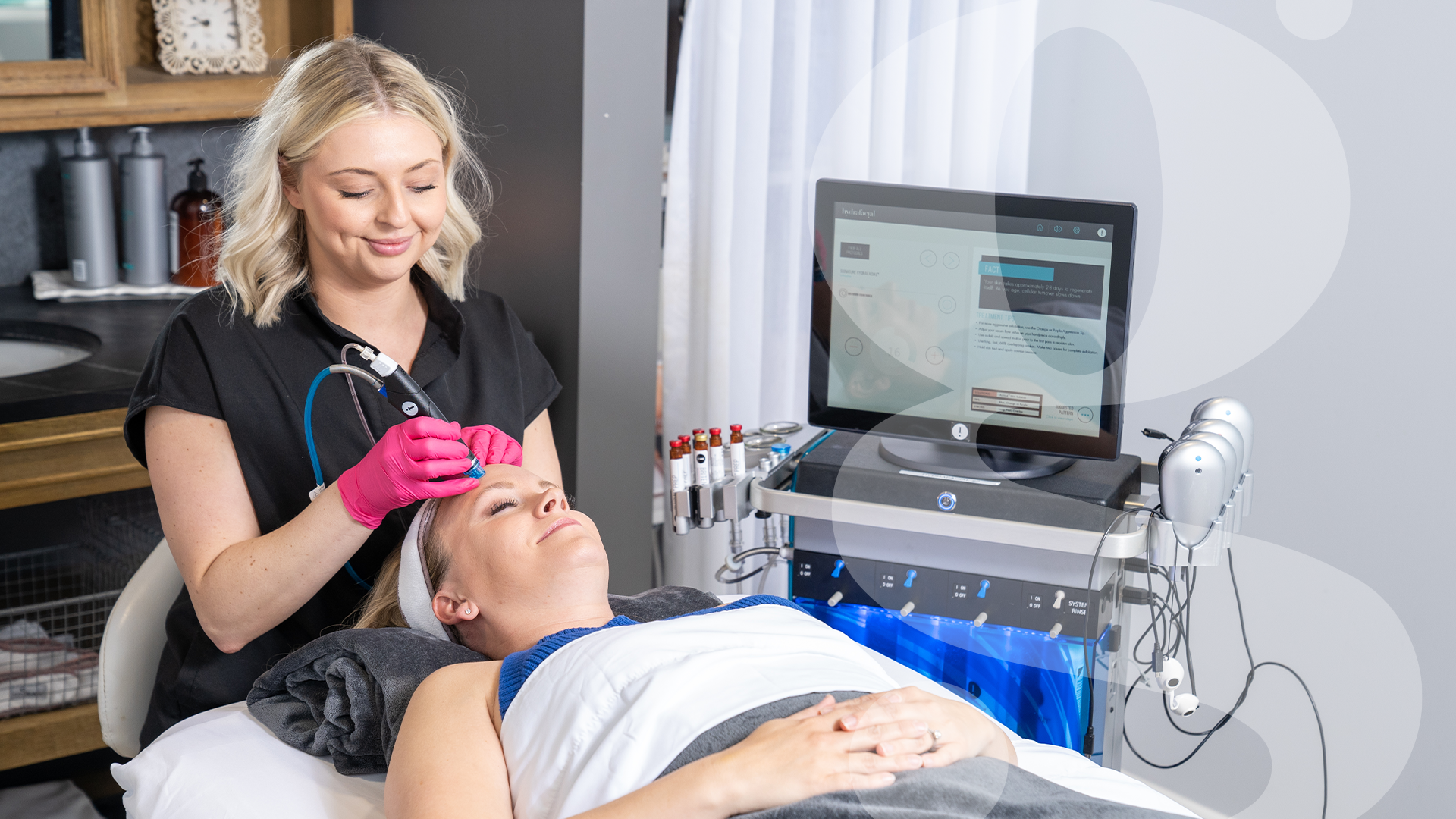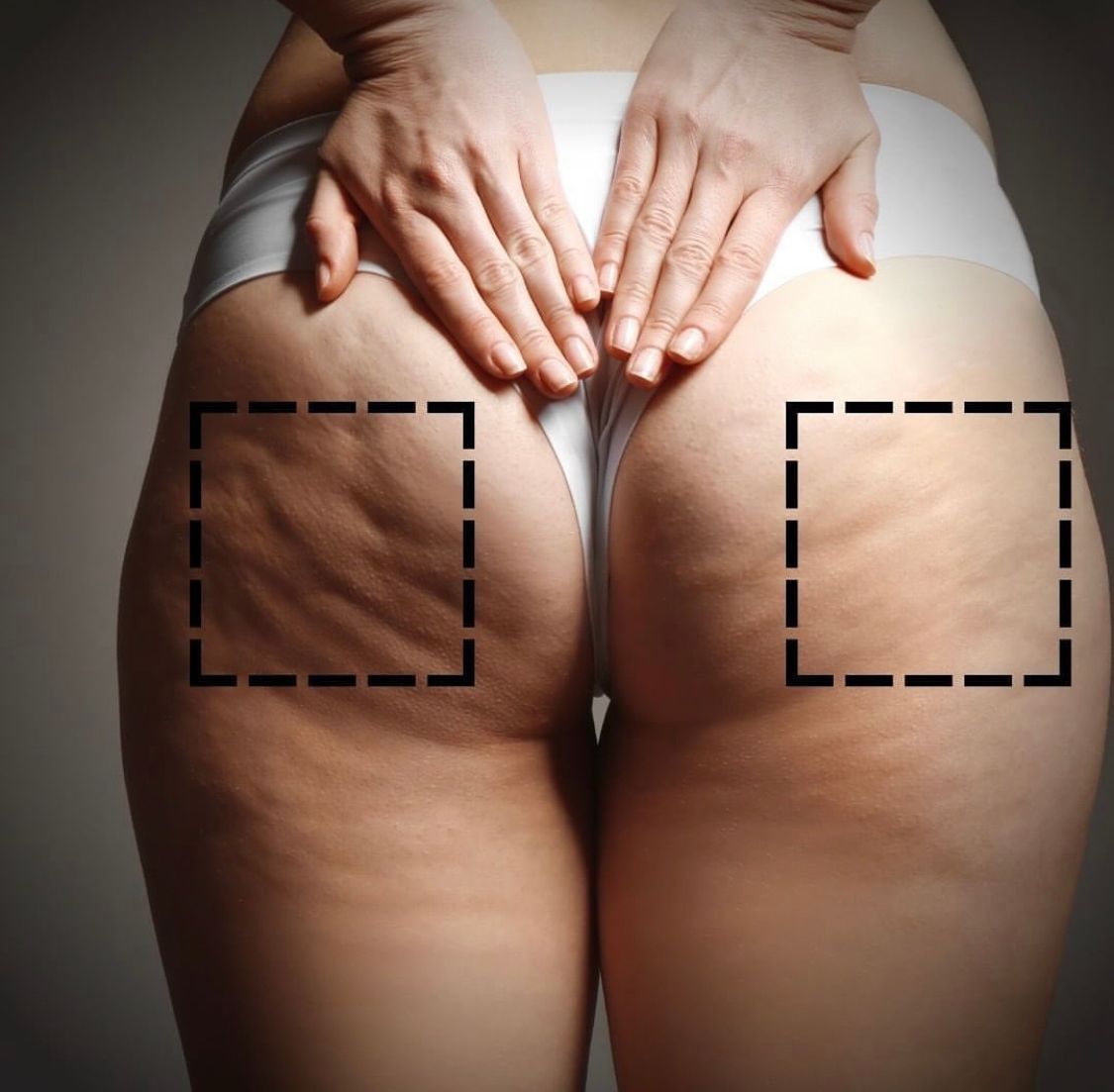A Natural Approach to Menopause
 Menopause… all women go through it. Most women will experience this around the average age of 51, but some may be surgically placed in menopause much earlier in life. Regardless of when we make this transition, losing the reproductive hormones of estrogen and progesterone can bring a multitude of symptoms including hot flashes, breast changes, irritability, migraines, fatigue, joint pain, decreased libido, vaginal dryness, and weight gain. Women not only feel miserable, but now have an increased risk of heart disease, metabolic syndrome, osteoporosis, cancer, and dementia.
Menopause… all women go through it. Most women will experience this around the average age of 51, but some may be surgically placed in menopause much earlier in life. Regardless of when we make this transition, losing the reproductive hormones of estrogen and progesterone can bring a multitude of symptoms including hot flashes, breast changes, irritability, migraines, fatigue, joint pain, decreased libido, vaginal dryness, and weight gain. Women not only feel miserable, but now have an increased risk of heart disease, metabolic syndrome, osteoporosis, cancer, and dementia.
The good news is bioidentical hormone replacement can relieve these symptoms and even provide protection against chronic health conditions. Not to be confused with synthetic hormones that come with the risk of blood clots and cancers, bioidentical hormones are naturally made from plant-based materials and have little to no increased risk of cardiovascular disease or cancer, but instead are shown by research studies to protect against these conditions and can be used long term without an increase in risk.
Hormone replacement does not have to wait until menopause. Women begin to lose testosterone around age 30 and may begin to experience symptoms in their early 30s. Then there is “perimenopause” when hormone fluctuations can trigger an array of symptoms at random times including changes in menstrual cycles, heavy bleeding, hot flashes, night sweats, and worsening PMS symptoms to name a few. Bioidentical hormones can help with these changes, too.
We don’t want to exclude men. Men also start to lose hormones in their 30s, sometimes termed “andropause”. Although it’s usually a more gradual decline than in women, when testosterone levels drop, men may experience fatigue, loss of muscle mass, joint pain, weight gain, brain fog, decreased libido, erectile dysfunction, and more. Synthetic testosterone replacement via injections can be beneficial but the patient may have substantial fluctuations in symptoms between injections and come with multiple risks of long-term complications. Bioidentical testosterone can deliver more consistent symptom relief without weekly injections and provide health protection against heart disease, cancers, osteoporosis, and dementia.
Thyroid conditions are more common in women but occur in men as well, and the risk increases with age. Common symptoms associated with low thyroid include cold intolerance, fatigue, weight gain, brain fog, constipation, dry skin, hair, and nails, and changes in menstruation. Thyroid hormones affect our reproductive hormones and contribute to the symptoms of perimenopause and menopause. Natural replacement of the active thyroid hormone in conjunction with other bioidentical hormones just adds another level of symptom control.
The bottom line: bioidentical hormones are safe, effective, and beneficial for many people. If you have experienced the symptoms mentioned above, meet with a provider at Genesis to begin your journey into bioidentical hormone therapy.











